Today, the biggest news comes from the Baltic States.
Here, Riga has taken a hard and visible step to avoid any precedent for Russian invasion, seeing their sovereignty being continually questioned by Russian media. Ordering mass expulsion of Russians citizens from the country, and now directly requesting additional security by Nato, the Baltics understand that Russian invasion is an all too real threat directly on their borders.
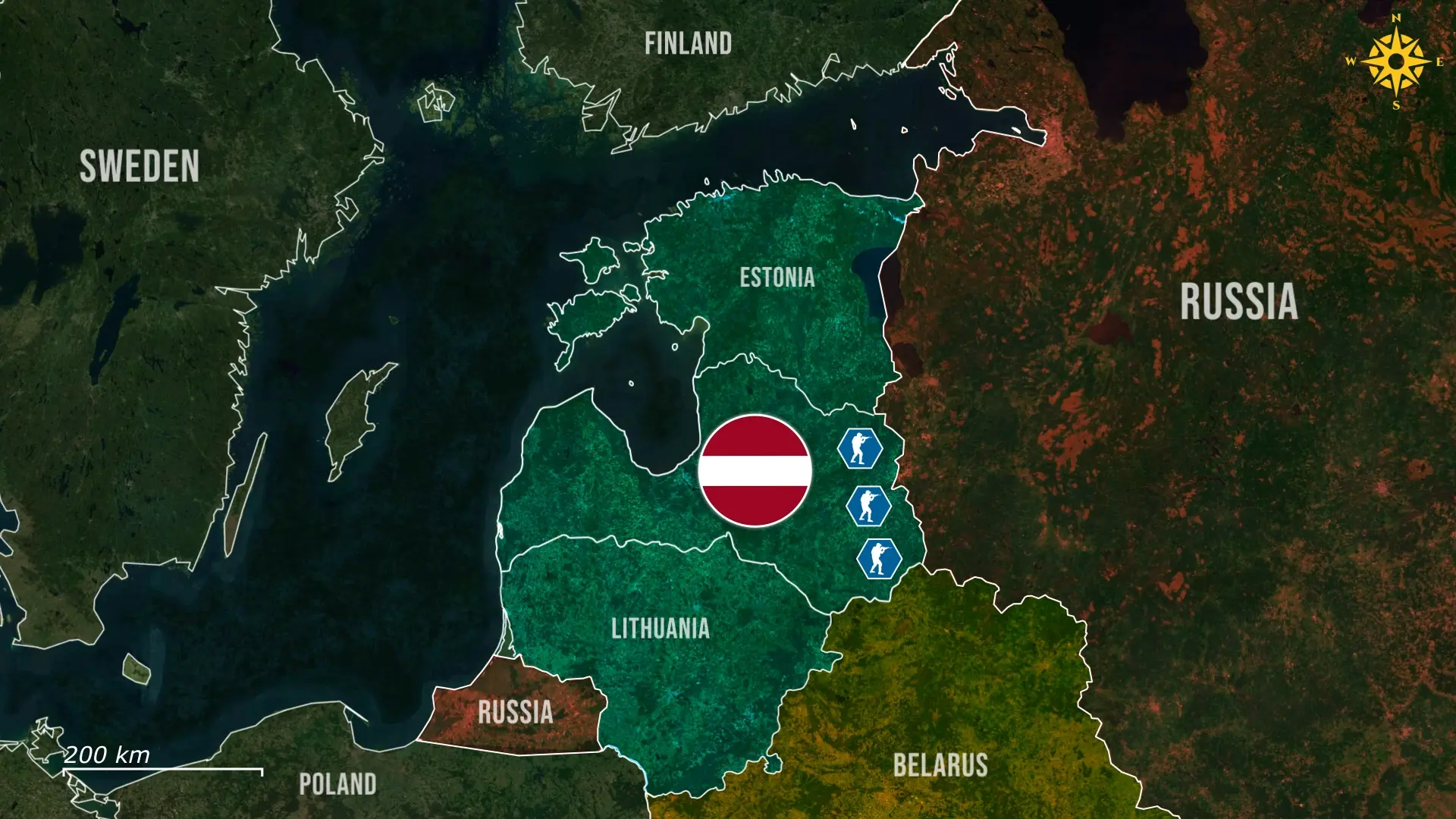
Latvia has given 841 people a deadline to leave after they failed to clear new language and security checks; those who do not face loss of services and possible deportation. This is the follow-through to a separate law that already bars Russian citizens from buying property, a measure aimed at stopping outside actors from quietly buying influence through real estate. In practice, this action closes numerous access points, bank accounts, rental contracts, property ownership, and local voting rolls that had previously allowed Russian-linked actors to operate inside Latvia with minimal oversight. Administratively, this is also a test: how fast local registries, police, and courts can process checks, close loopholes, and handle appeals will determine whether the law functions as a tight security filter or becomes a bureaucratic mess with humanitarian fallout.
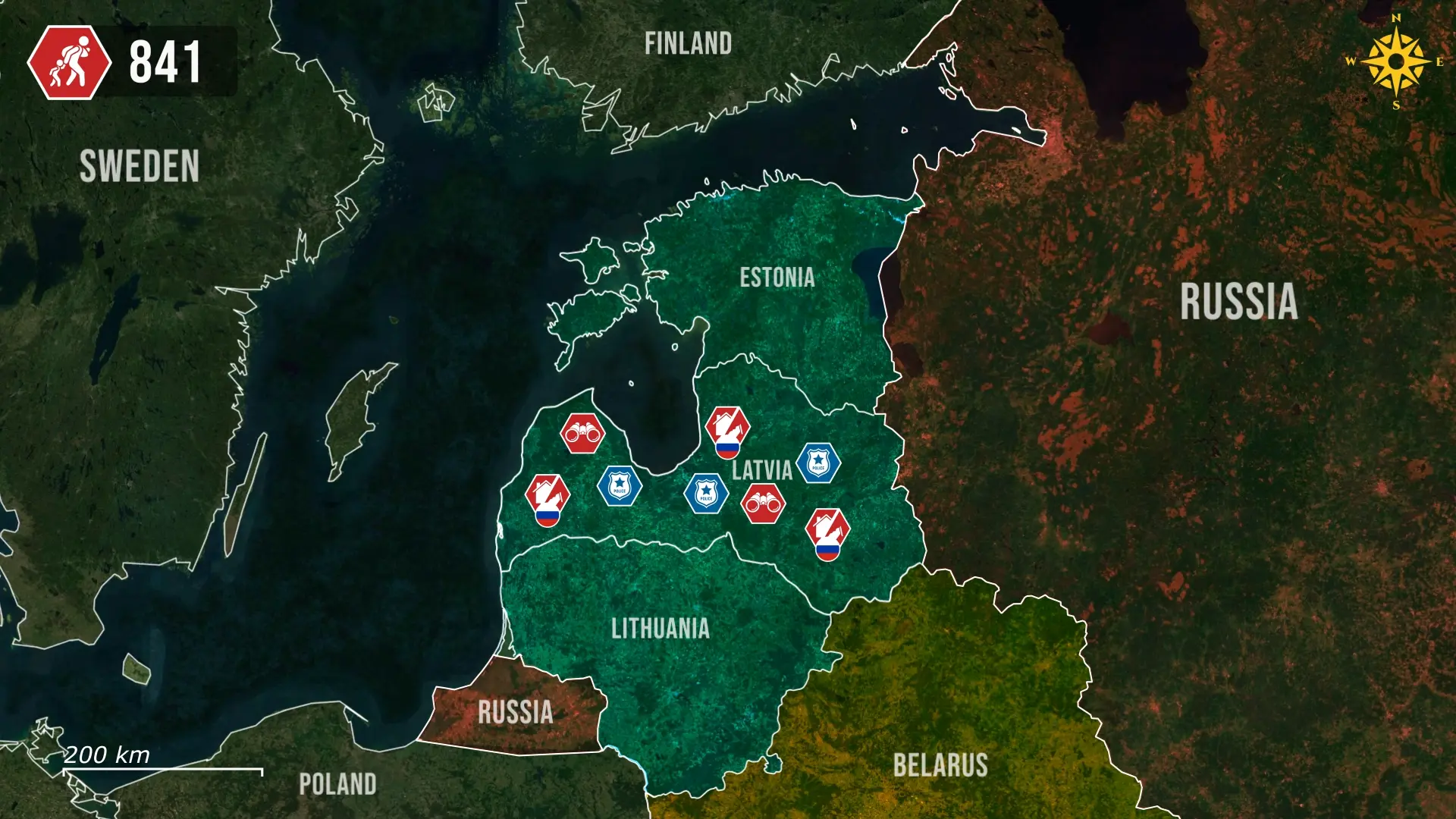
Under Soviet rule, Moscow moved large numbers of ethnic Russians into the Baltics to change local demographics. That left towns and districts where Russian-speakers are a big slice of the population, the exact communities Moscow says it now needs to protect, the same pretext it used to invade Ukraine. Because of that history, the Baltic governments treat migration and residency rules as national security, not just paperwork. Baltic capitals see Russia repeating the same the Donbas playbook with them: Russia will label the Russian-speaking minority as prosecuted, giving pretext for invasion.
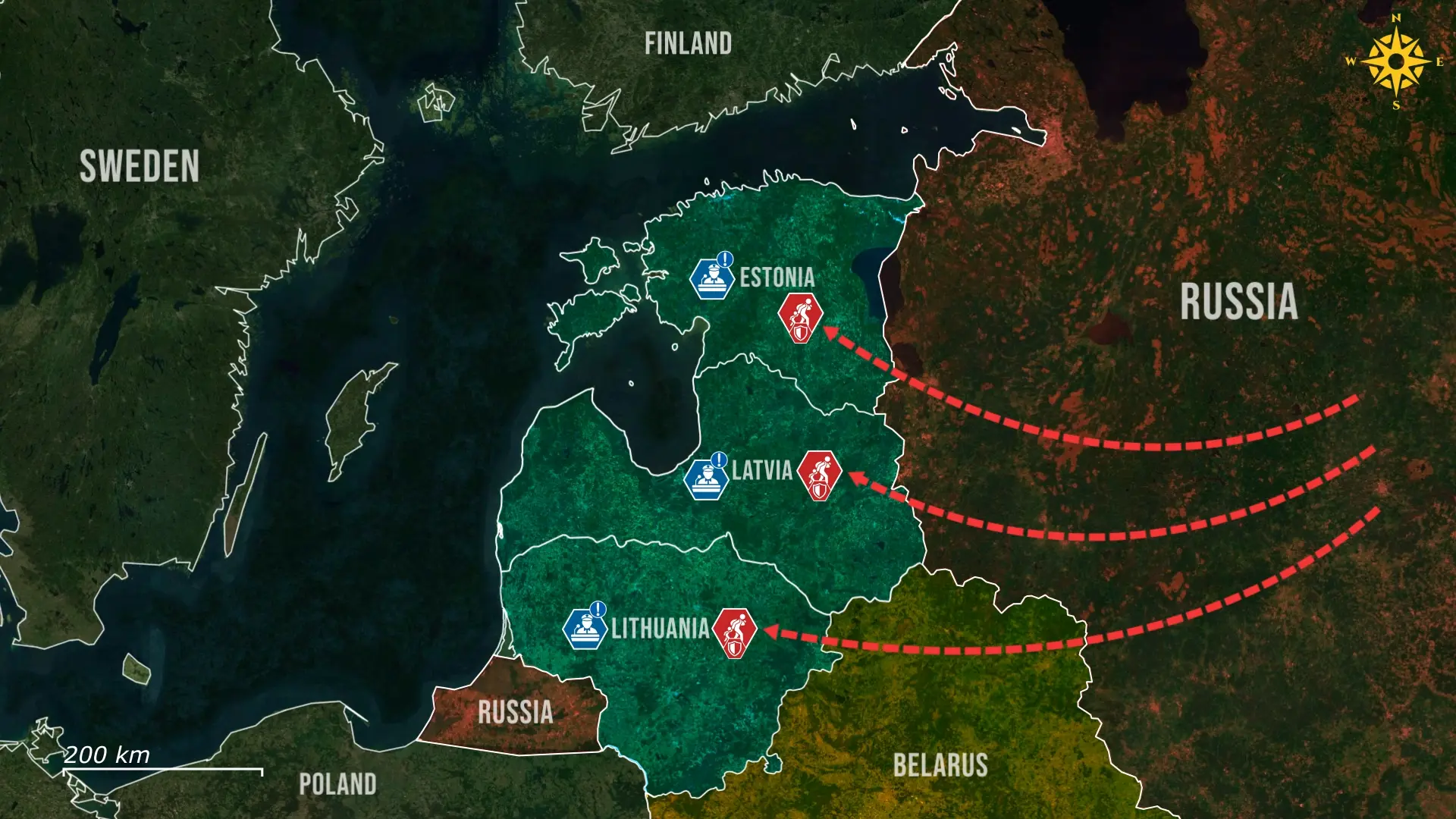
What pushed politics into the open was a sharp spike in incidents and provocations. On September 19, three Russian MiG-31 fighters entered Estonian airspace for roughly 12 minutes before Allied aircraft intercepted them, invoking Nato’s Article 4, a rare political escalation intended to signal alliance concern but without any call to action.

Notably, a Russian diplomat openly stated the flights were deliberate and should be considered as a response to Ukrainian strikes on Crimea. That admission hardened public opinion across the Baltic, especially as Russian state-linked media began using imperial-toned language, referring to Baltic capitals in dismissive terms that implicitly question their sovereignty; notably calling Estonia the Estland province and governate, which was its name under occupation by the Russian empire. That rhetoric normalizes the Russian claim that the post-Soviet map is contestable and feeds the question of protective responses, precisely the narrative the Baltics fear and one that Moscow might use to justify future invasion.
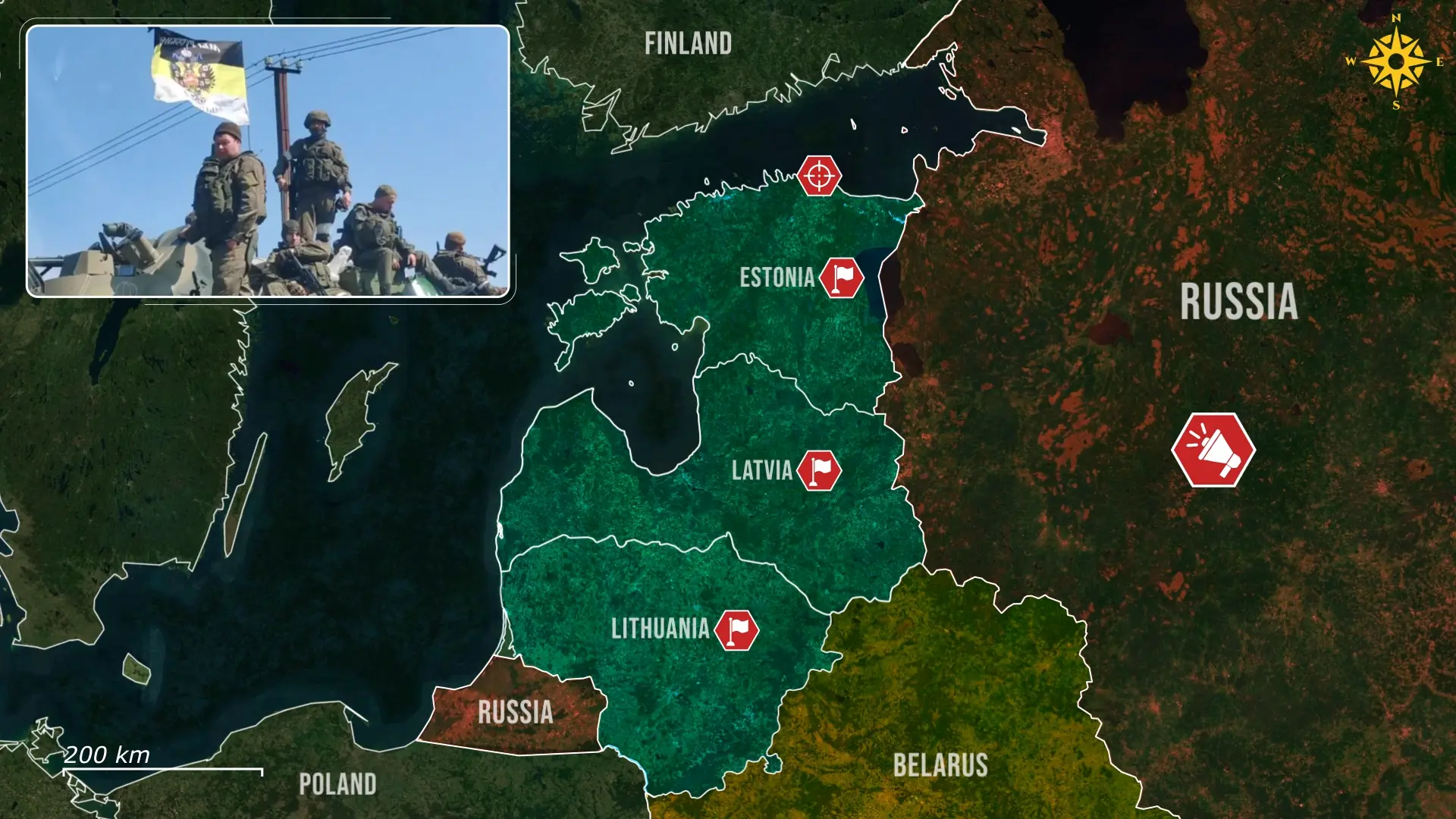
Right away, the expulsions make daily life harder for the people who are forced to leave: they lose housing, jobs, and basic services, and everyone who remains faces stricter ID checks and background screening. At the same time, removing people who had easy access to local networks closes off several routes Moscow could have used for influence, spying, or quiet pressure. Outside Latvia, has directly requested F-35 stealth fighters to patrol and protect its airspace to deter further Russian provocations.
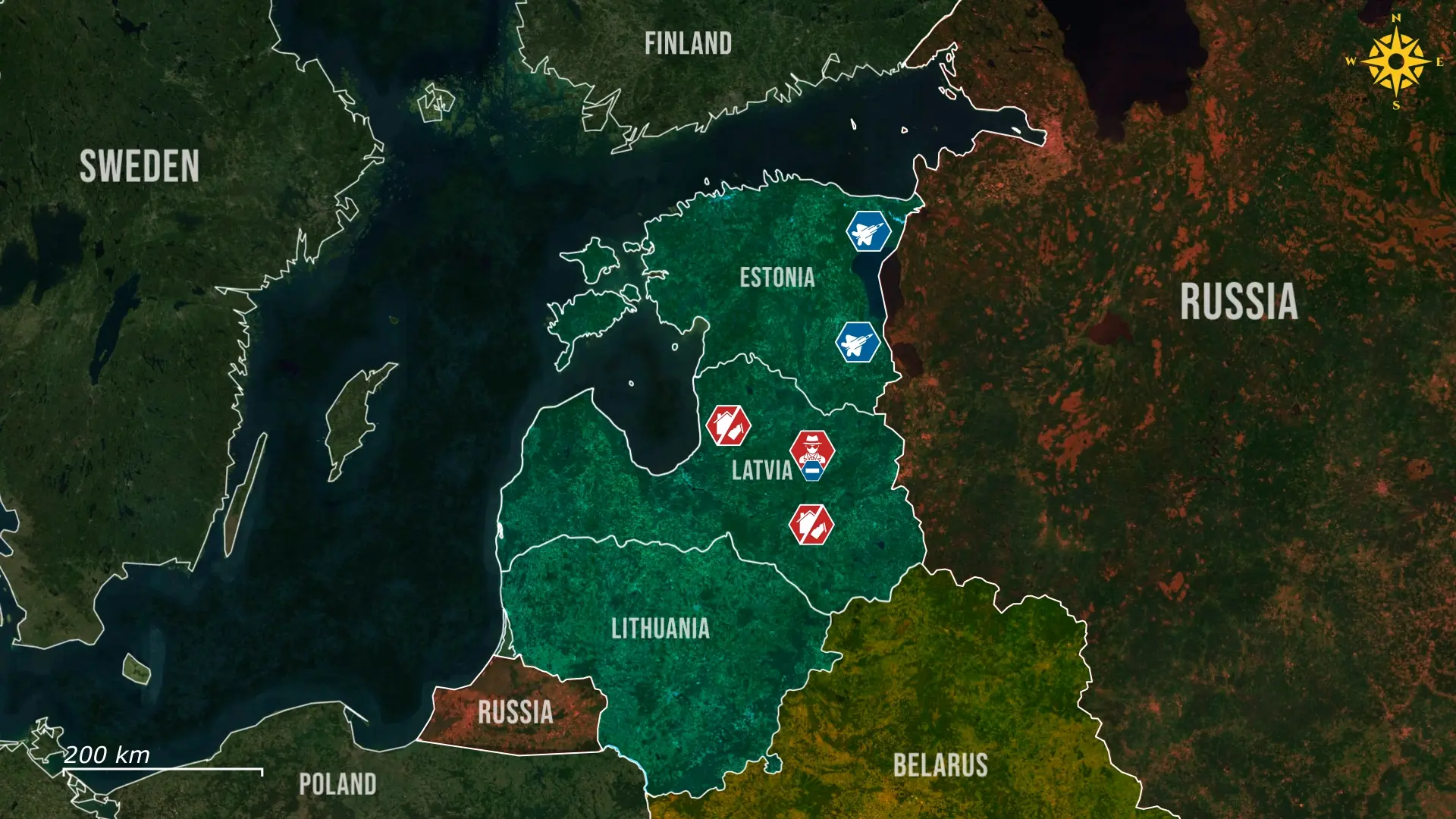
This approach comes with clear trade-offs, as taking a hard line by expelling people and banning property sales might give Russia the narrative they need to claim an invasion as necessary to protect ethnic Russians. While it also creates real human problems and business losses, ethnic Russians were given ample opportunity to come into compliance with the new immigration laws, and only those who refused are currently being expelled. Additionally, doing nothing keeps weak spots open and lets hostile influence continue, as Ukraine shows, Russia can always fabricate a reason for full-scale invasion.
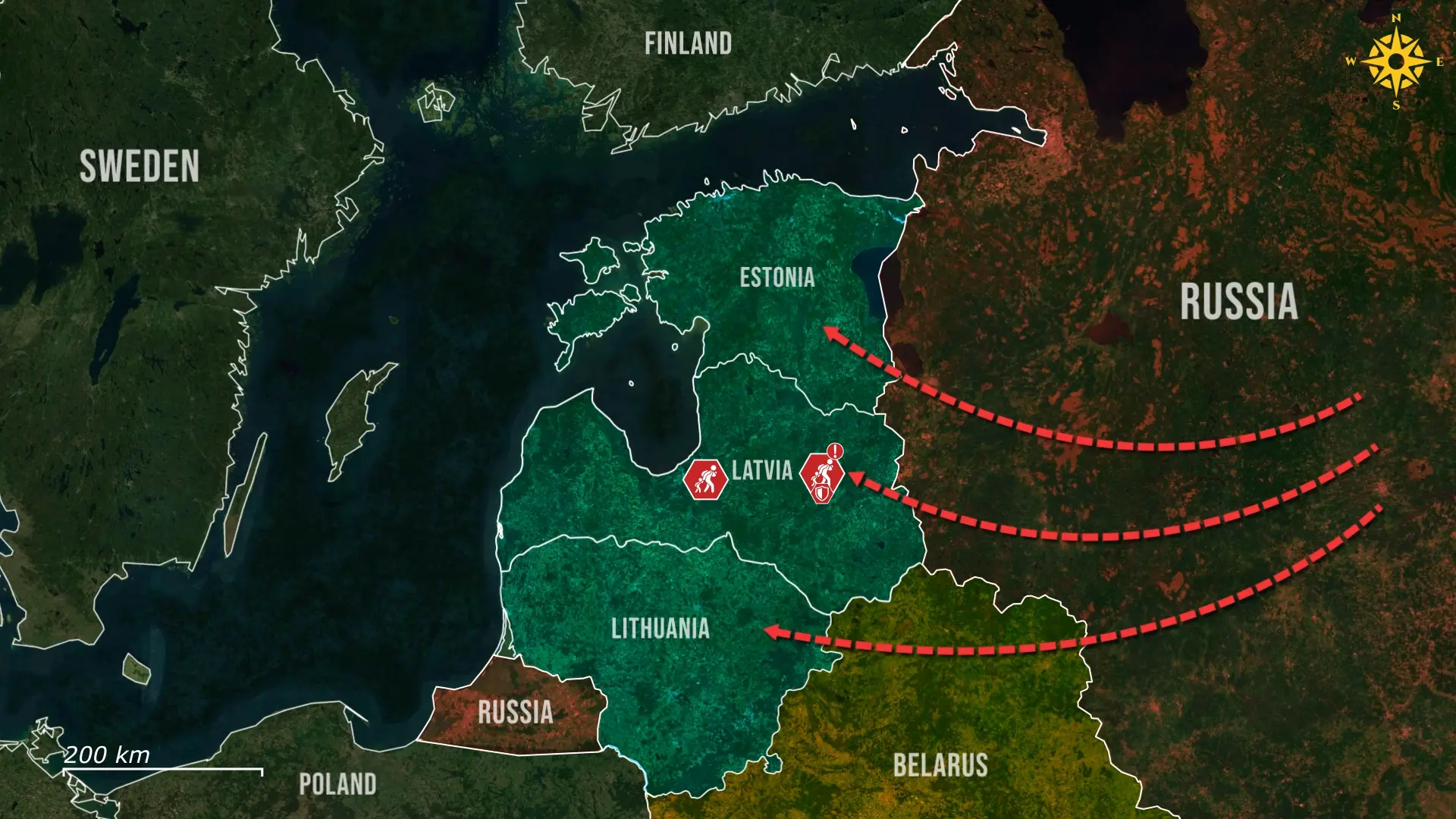
Overall, Latvia’s expulsion, the Mig incidents over Estonia, and Russian undermining of the Baltic’s sovereignty underscores that the Baltics have to move from protest to action. Removing legal and economic openings for Moscow cuts the quiet routes of influence and justification, and pairing that with Nato patrols secures the region for a possible fallout that might ensue.


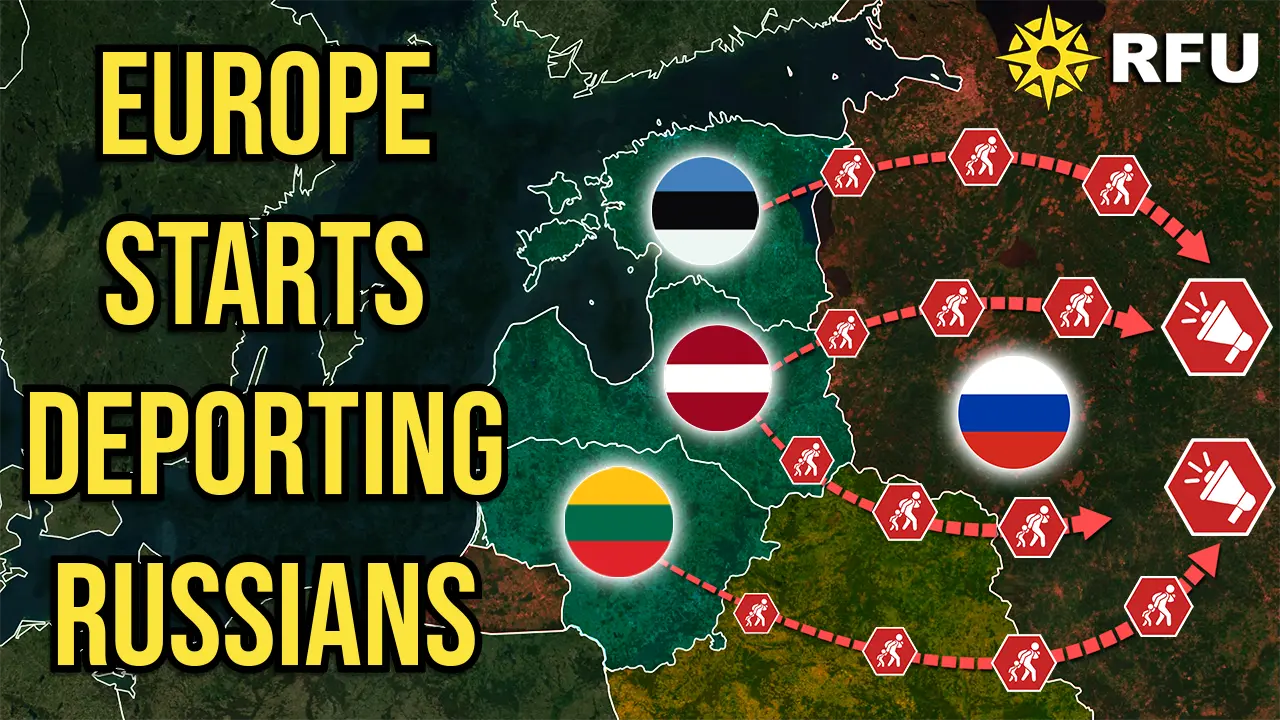
.jpg)
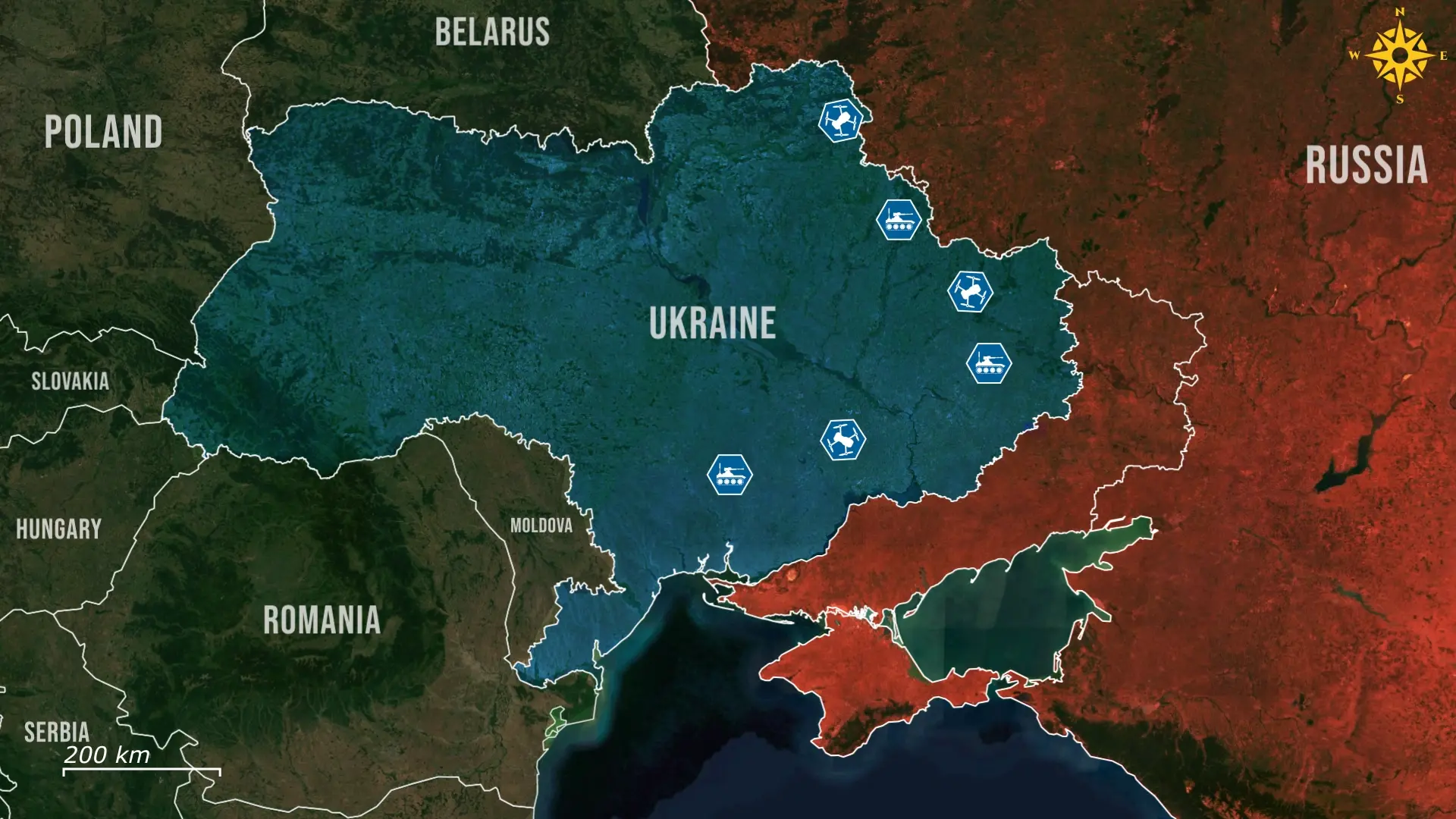
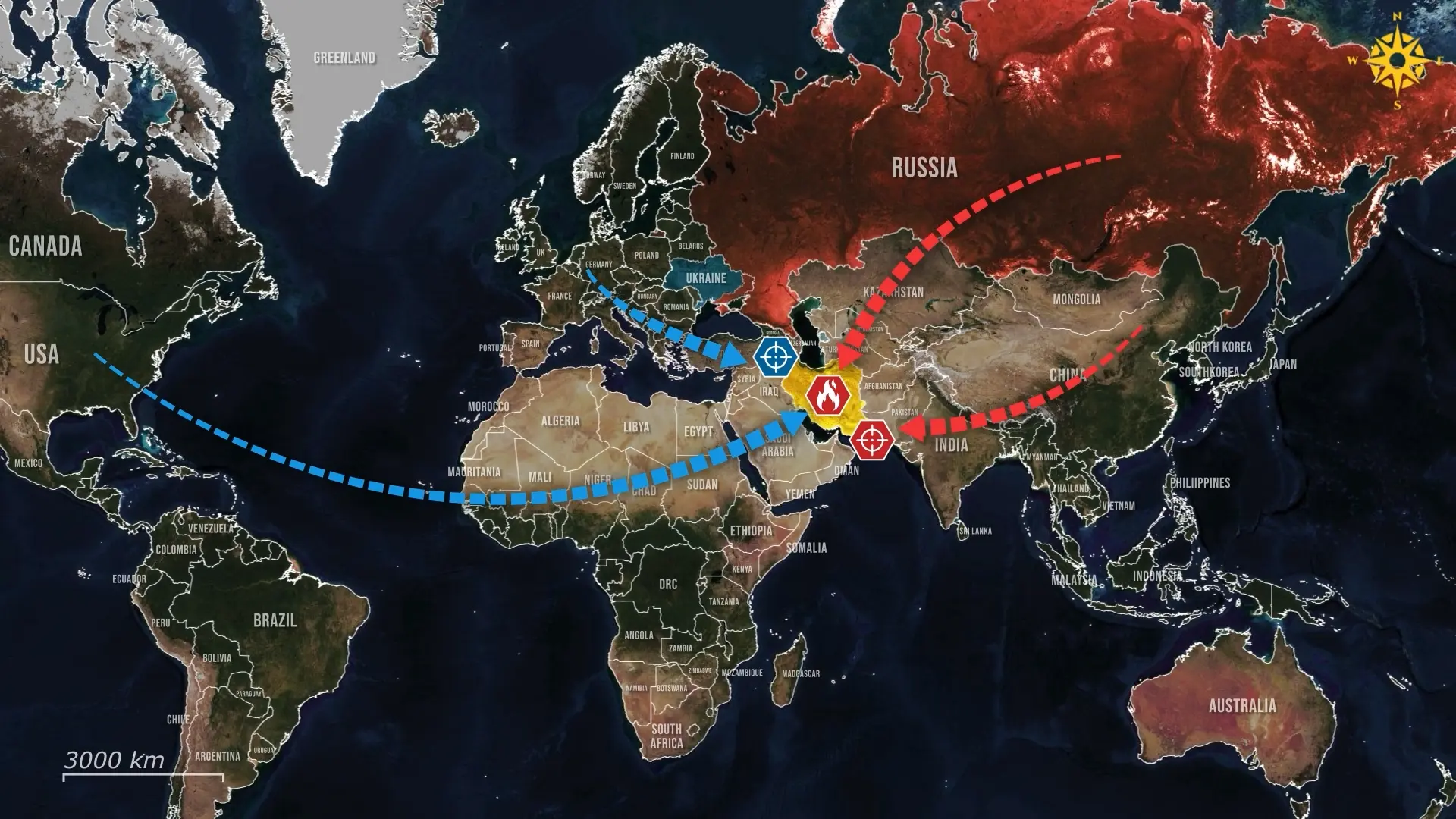
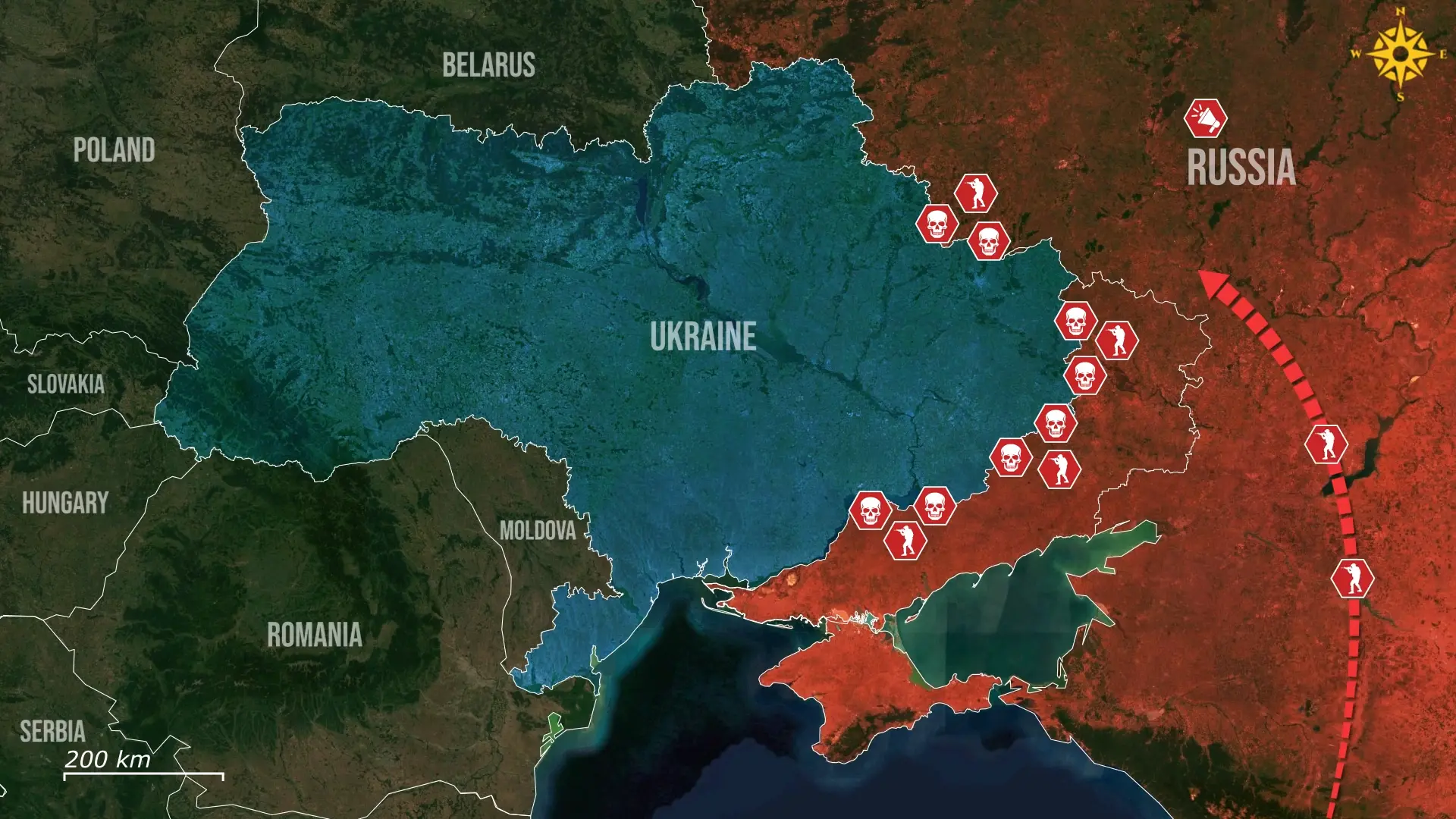
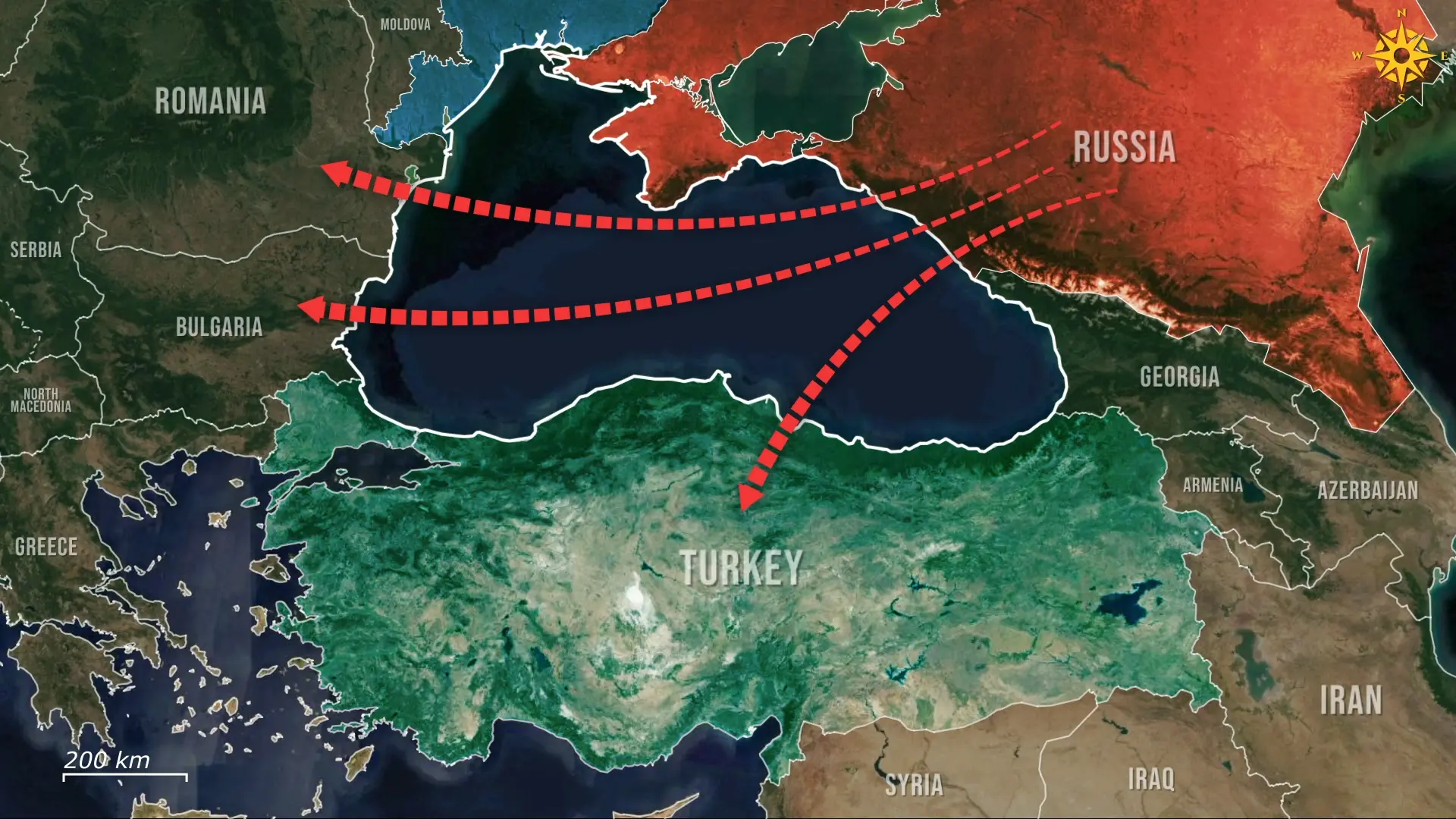
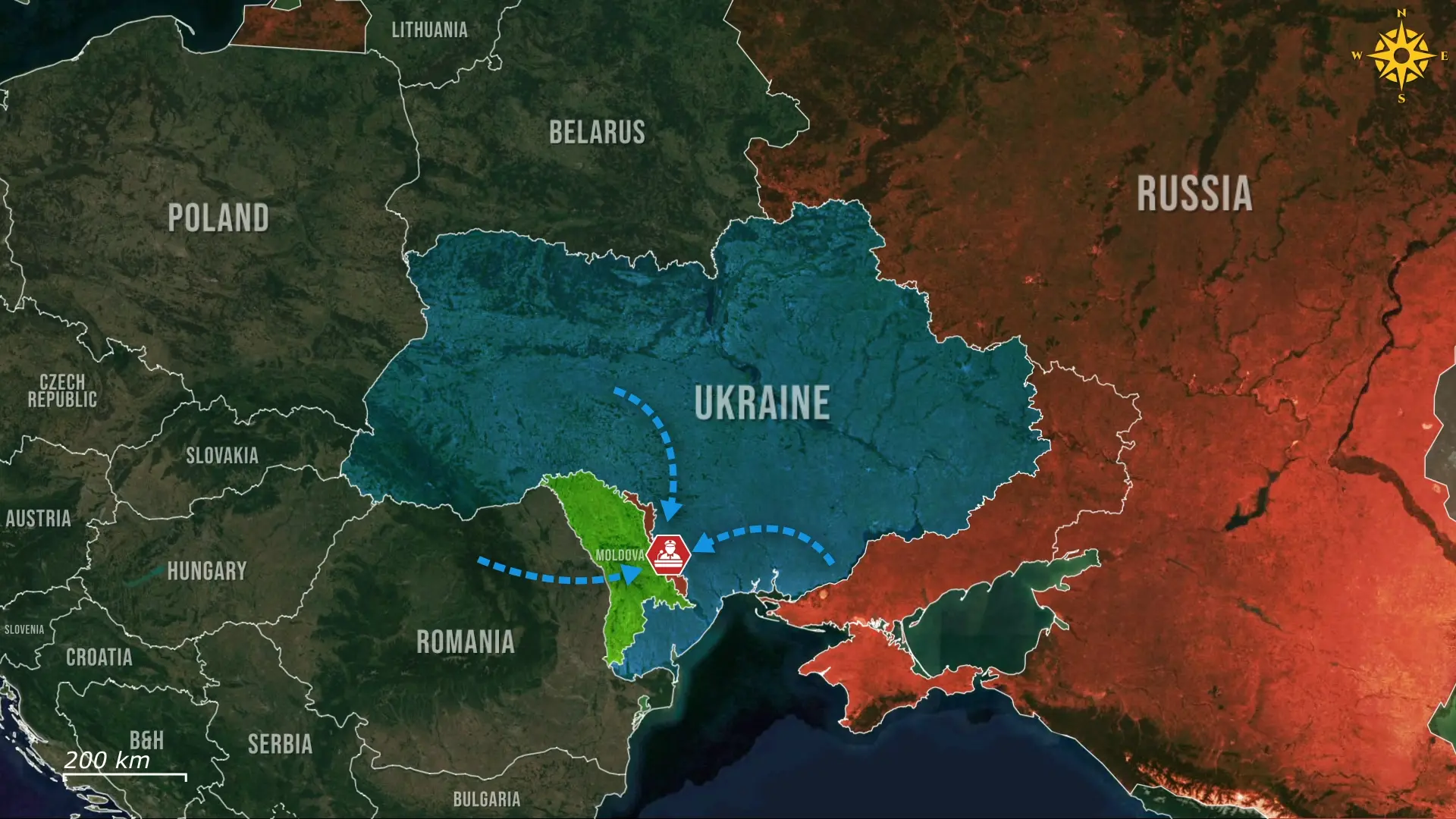
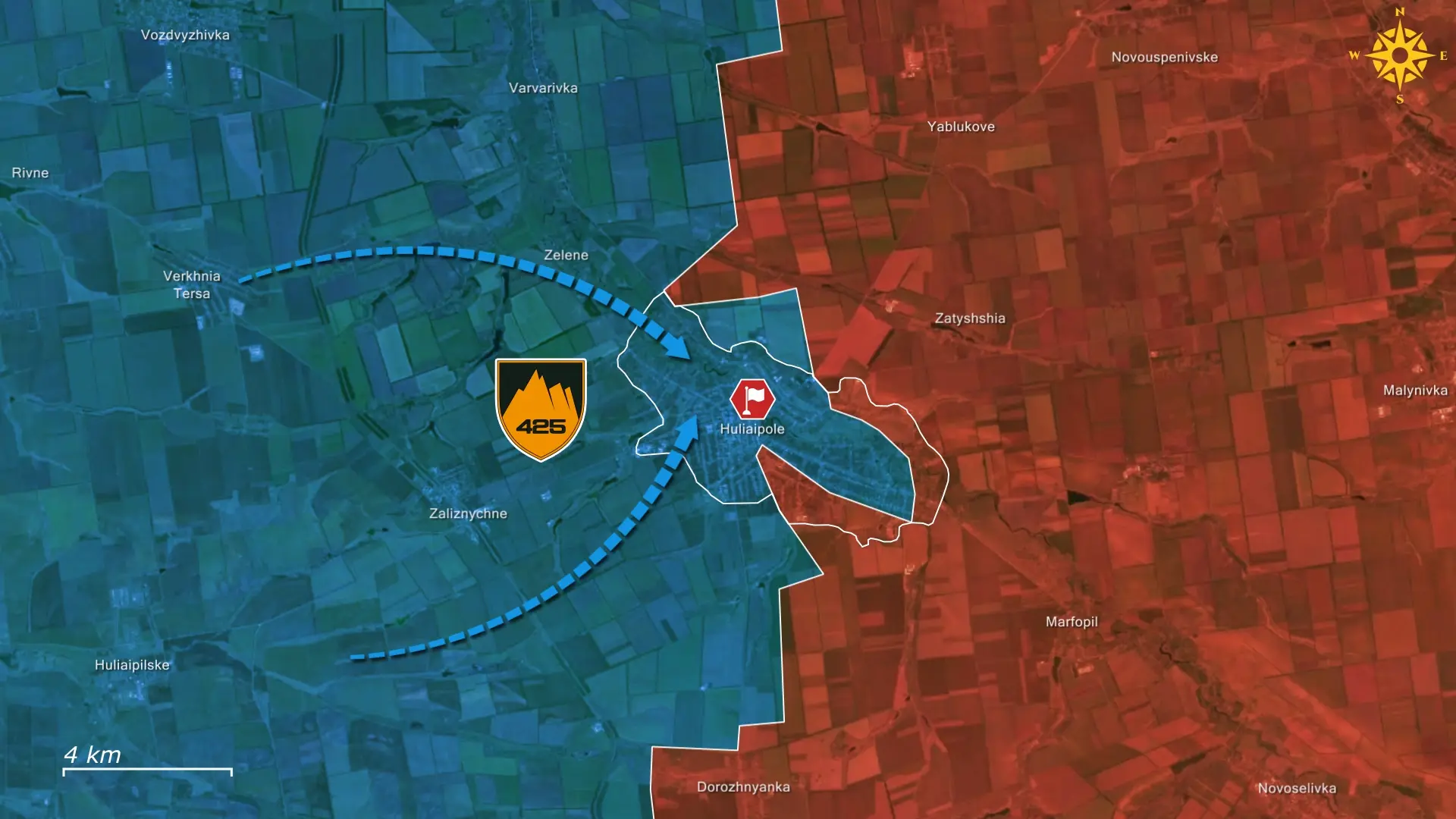
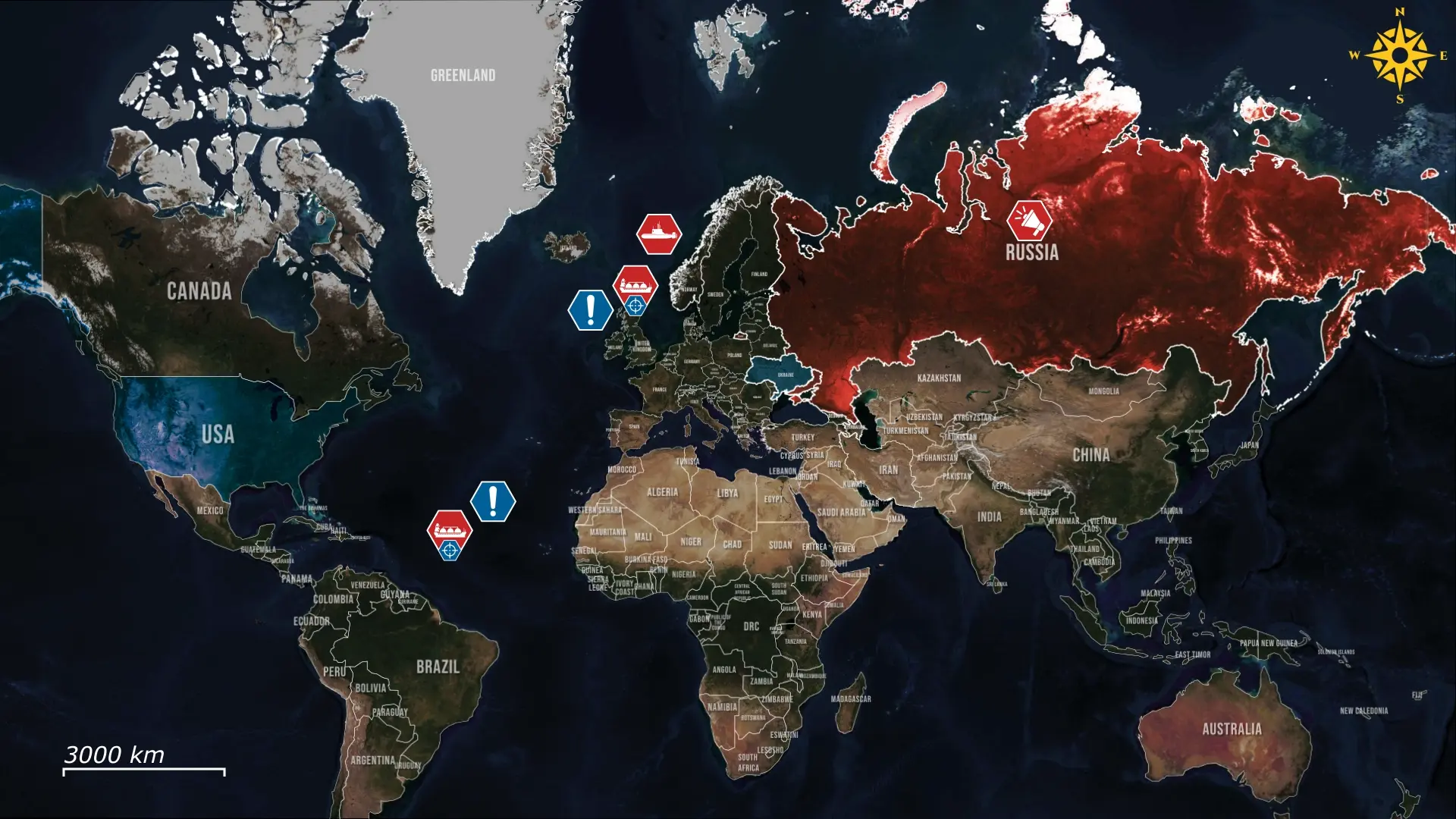
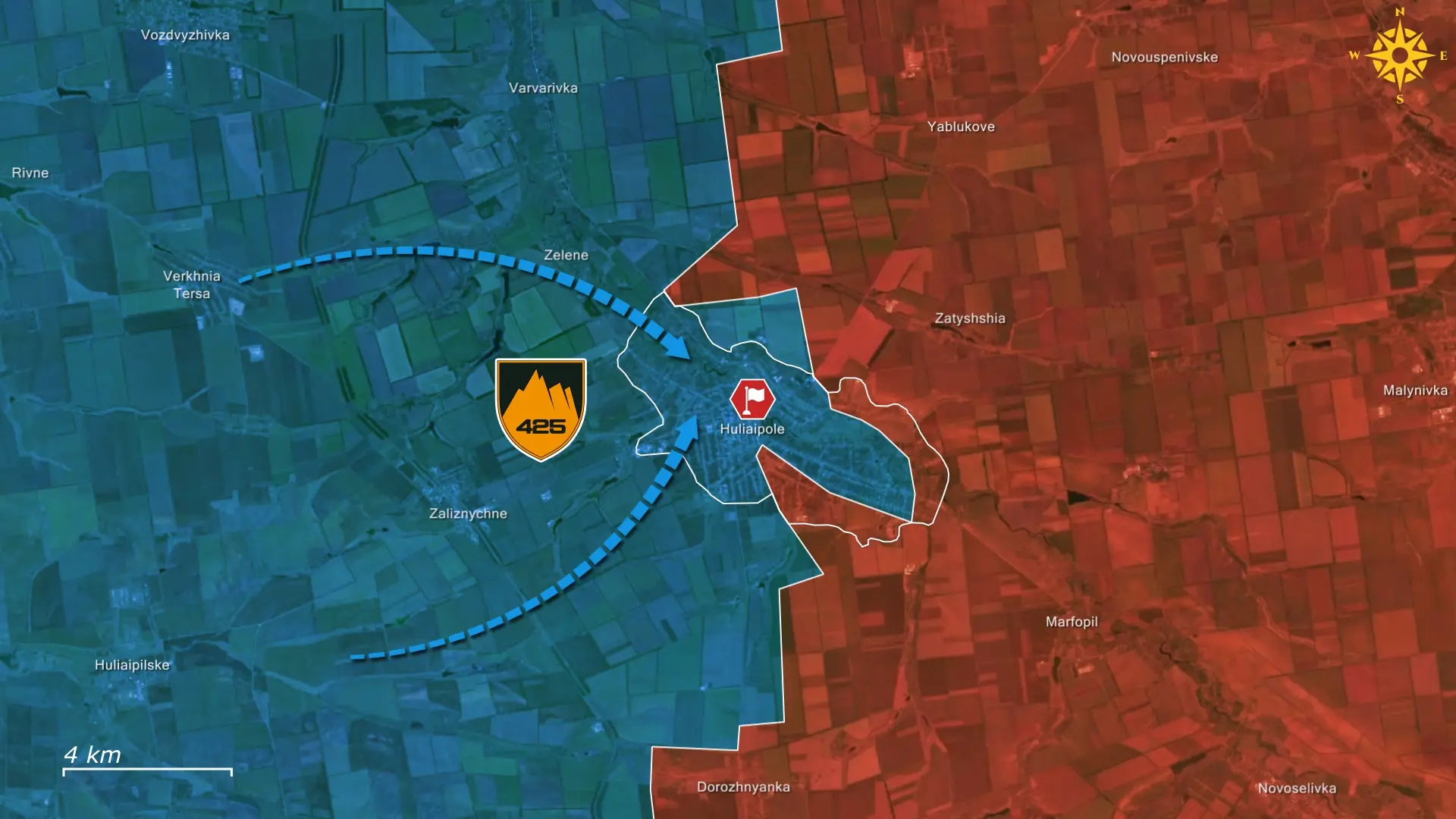
Comments